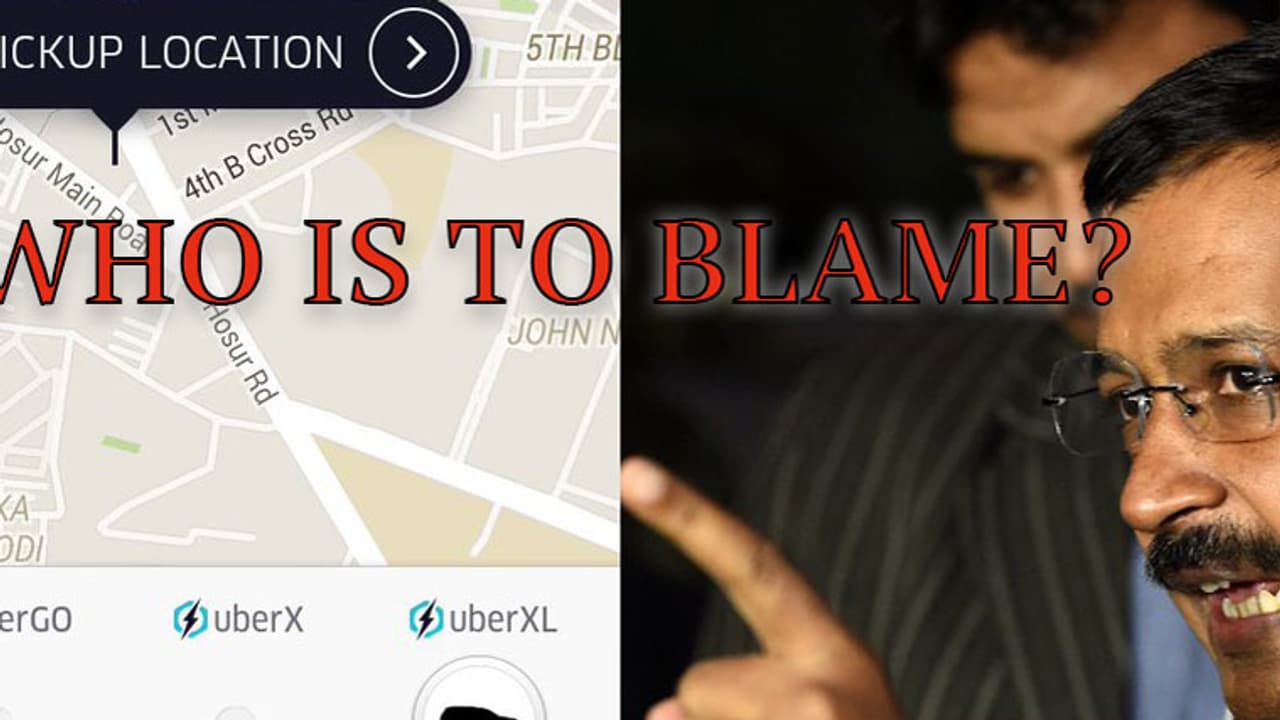In the last month or so much ado has been made about online taxi-aggregators charging premium fares, with state governments in Delhi, Karnataka and now even Maharashtra clamping down on surge pricing.

While the Karnataka government has imposed a maximum fare limit of Rs 19.50 per km for air-conditioned cabs and Rs 14.50 per km for non air-conditioned cabs; Delhi’s Chief Minister went to the extent of threatening to shut down their services entirely in the capital city, if surge pricing wasn’t stopped. Ola and Uber took this threat seriously enough to immediately suspend surge pricing in Delhi.
But can you blame businesses for taking advantage of our poor state-provided public transport infrastructure? Have you ever convinced the first rickshaw you hail in Bangalore or Delhi to drop you to the required destination without them either rudely refusing or unabashedly demanding higher fares? Have you ever stepped into a bus that wasn’t overcrowded and reached work on time?
I spoke to a couple of Uber drivers to ask them how surge pricing benefits them. They said that it wasn't the cabbie who benefitted from surge pricing. The drivers' incentives are solely based on the number of trips each driver makes in a day. For every 15 trips a driver completes in a day, they are paid an incentive of Rs 3000 (over and above the fare paid per trip), irrespective of the surge. In case, a driver does make trips during peak hours when the surge hits 2x or 3x, the excess amount is merely adjusted with their incentive. So, if you thought all drivers huddle together and refuse rides till the surge reaches 5x, you are far removed from the truth.
Yes, it is true that cab-aggregators are benefiting from our lack of options, but are we being presented with better alternatives by the politicians opposing these business practices?
If paying through your nose for a short ride is weighing you down, a better option would be to opt for UberPool or OlaShare since drivers often prefer to use the pool function considering every customer that boards the cab is counted as a separate trip.
I’ve lived in Bangalore for more than five years now, and taxi-aggregators have been my only saving grace. Ola and Uber are merely filling in the huge void in transportation given the lack of government initiatives to provide basic facilities to its citizens.
So instead of trying to win over public sentiment by clamping down on businesses, who by the way have been more help than state transport departments, I would suggest pay attention to improving transportation options for the tax-paying citizens.
